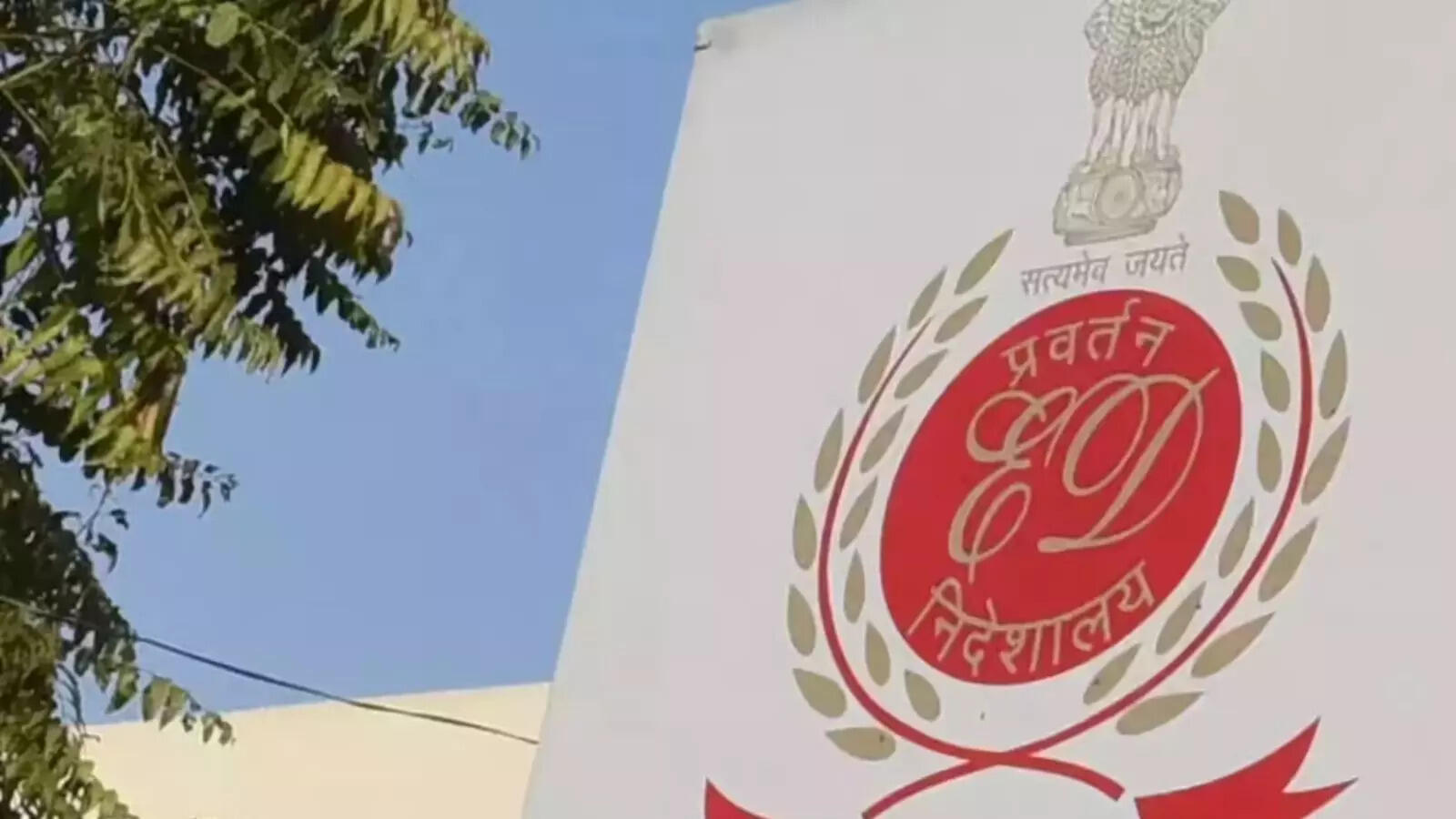Now Reading: Congress Criticizes Government and SEBI Over Alleged Inaction on Jane Street’s Profit Outflow
-
01
Congress Criticizes Government and SEBI Over Alleged Inaction on Jane Street’s Profit Outflow
Congress Criticizes Government and SEBI Over Alleged Inaction on Jane Street’s Profit Outflow

### Quick Summary
– The Congress party has raised concerns regarding alleged inaction by Sebi and the Indian government in addressing stock market manipulation by US algorithm trading firm Jane Street, which reportedly caused significant losses to retail investors.- Congress spokesperson Supriya shrinate claimed:
– Jane Street manipulated the Indian equity and Futures & Options (F&O) markets since 2020, earning illegal profits exceeding Rs 43,289 crore (USD 5.1 billion).
– Sebi was aware of thes activities but acted only when FII outflow numbers surged.
– Sebi froze Rs 4,844 crore of alleged unlawful profits in July through a landmark interim order but analyzed only a fraction-18 trading days from January 2023 to March 2025-for this action.
– Shrinate accused regulatory agencies like the ED, CBI, and Income Tax Department of ignoring warning signs and failing to protect small investors from exploitation.- Rahul Gandhi had previously urged caution on risk-laden markets like F&O trading but his warnings reportedly went unheeded.
– Questions were raised about accountability under PM modi’s leadership concerning regulatory oversight during the period of the scam.

[Read More](https://timesofindia.indiatimes.com/india/cong-questions-govt-sebi-for-inaction-in-checking-outflow-of-jane-streets-illegal-profits/articleshow/122322019.cms)
—
### Indian Opinion Analysis
The allegations surrounding Jane Street’s trading practices underscore critical issues with India’s financial regulatory framework. While Sebi’s decision to freeze unprecedented sums-Rs 4,844 crore-indicates eventual action against potential misconduct, delays spanning over four years may have allowed significant capital flight detrimental to domestic investor confidence. Small investors appear particularly vulnerable due to limited safeguards against advanced algorithmic manipulations.
This situation illuminates broader systemic challenges: balancing foreign institutional involvement while enforcing stricter oversight mechanisms. If substantiated claims exist that small investors bore considerable losses as regulators overlooked red flags for extended periods, it raises vital questions about preventive accountability measures across india’s financial oversight ecosystem.
While maintaining neutrality is key here-forensic investigations must drive resolutions self-reliant of political rhetoric or influence-the case stresses an urgent need for tighter futures market regulation amidst increasing technological sophistication among global traders operating within India’s economy.


























